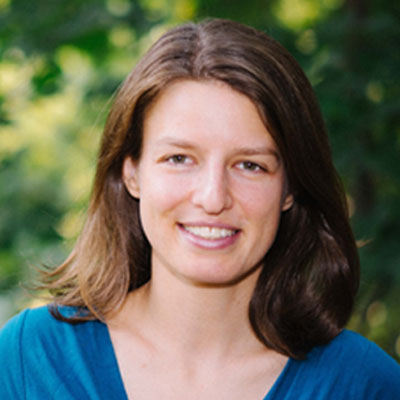We practice what we teach.
Students have the opportunity to personalize their studies and focus on their greatest professional goals and challenges. Students learn through faculty-guided exploration and reflection, as well as through engaging learning experiences with their fellow students around the world. Our faculty are scholars and practitioners who enjoy teaching and learning with others most of all.
Educational Philosophy
The IIRP Graduate School offers graduate degrees and professional development programs that promote learning, personal growth, and social responsibility among its students by integrating the core concepts of restorative practices in all teaching and learning activities.
We believe that every human being has intrinsic value, deserves to be treated with respect, is capable of changing and growing, and is inherently motivated to learn. We also believe that learning occurs best within a participatory learning community with students actively engaged in their own learning and interacting with their fellow students, and that learning should not only build capacity for the future but should also address current problems and challenges facing individuals and society.
Graduates will be thoughtful practitioners, able to advance in their profession and committed to developing their own capacities through habits of exploration and reflection. They will be effective communicators and will have a well-developed capacity to engage in lifelong inquiry and learning. They will have an understanding of healthy interpersonal and organizational relationships and will work well with others in responding to new and unexpected challenges that arise in their organizations and communities.
Lastly, the IIRP Graduate School’s aim, as suggested by Albert Einstein in a speech in 1936, “is the training of independently acting and thinking individuals who, however, see in the service of the community their highest life problem.”
Serving the Mission
Our students' learning process is measured in every course, ensuring we serve our mission. Students will find that each course has learning outcomes and objectives, linked with program goals, institutional learning goals, and the mission.
Institutional Learning Goals
- Critical Thinking: Members of the IIRP learning community will analyze, synthesize, and interpret texts, experiences, feedback, and other information.
- Communication Skills: Members of the IIRP learning community will write and speak well in different contexts.
- Self-Directed Learning: Members of the IIRP learning community will take initiative and responsibility and assess their own learning activities.
- Ethical Awareness: Members of the IIRP learning community will identify and analyze ethical issues associated with restorative practices.
- Information Literacy: Ability to locate, analyze, and use information appropriately.
Master of Science Program Goals
- Explain foundational principles of restorative practices.
- Apply conceptual and analytical skills in evaluating the links among practice, systems, and policy issues.
- Demonstrate the ability to improve professional skills through self-reflection.
- Develop knowledge and skills to work with culturally and socially diverse populations in local and global contexts through a restorative practices frame.
- Apply critical thinking skills to an issue and determine a restorative approach.
- Demonstrate proficiencies in information literacy.
- Thesis option only: Design a research study to advance the field of restorative practices.
Graduate Certificate Program Goals
- Explain foundational principles of restorative practices.
- Apply conceptual and analytical skills in evaluating the links among practice, systems, and policy issues.
- Demonstrate the ability to improve professional skills through self-reflection.
